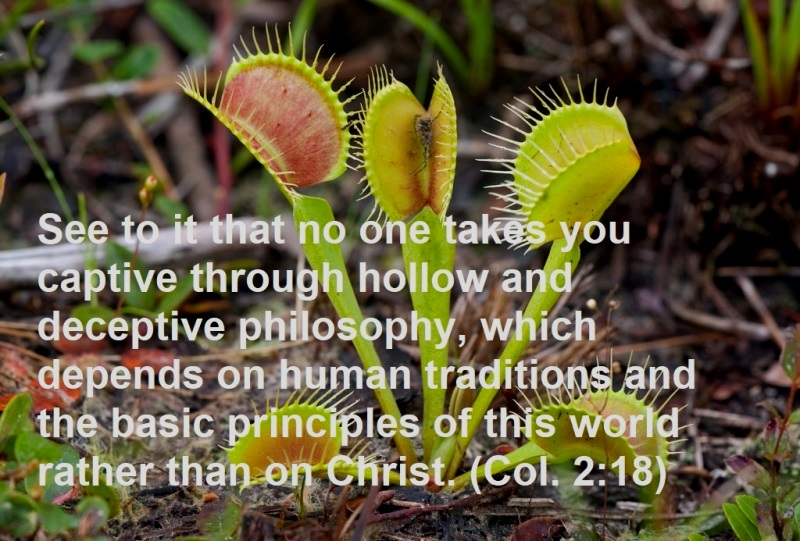Note: If you have not signed up to join my blog email list, please click on “contact” above and send me your name and email address. You will receive notices when I post a new blog and avoid missing future blog posts in this and other series. I do not share email addresses.

Part Eight: More Generic Questions That Obligate Non-Christians to Reevaluate Their Misbeliefs about Christianity
Last week’s blog looked at four of seven generic questions Christians can ask skeptics and other critics that will fit almost any apologetic issue we encounter. In today’s blog, we’ll look at the remaining three. Under each category, I explain the purpose and give examples of how they can be used in apologetic evangelism. The point of this exercise is to practice offensive apologetics for later application.
If . . . is true, can you explain . . .?
This category of questions raises issues that a skeptic’s position or worldview cannot explain.
- “If life evolved over billions of years, can you explain the virtual absence of transitional fossils when many thousands should have been discovered? In fact, why are there no transitional fossil parts, such as a half-scale/half-feather or a half-leg/half-wing?”
- “If the universe suddenly came into existence on its own out of nothing, can you explain how this happened when no laws of physics can account for it? In fact, how can something come from nothing anyway?”
- “If life emerged from non-life, can you explain how non-living chemicals can evolve into living anything, especially since it has never been observed in nature or duplicated in a laboratory?”
- “If Jesus’ resurrection never occurred, can you explain the eyewitness documentation that hundreds of people saw Jesus after His certified death on the cross and burial?”
What is your solution to. . . ?
The idea here is to encourage non-Christians to see that apart from God, their worldviews can’t answer life’s difficult questions or hold people accountable who practice perverse moral behavior.
- “What is your solution to human suffering if God does not exist?”
- “What is your solution to the moral depravity so widespread in our culture if there is no God to tell us how to behave and hold us accountable?”
- “If moral behavior is relative to individuals or their societies, would you agree sex with children is permissible for those who want to practice it? Do you think child sacrifice can be an acceptable religious practiced?”
What difference does it make?
This last question helps non-Christians see that the criticisms they have about Christianity do not invalidate or compromise fundamental biblical truths and essential doctrines.
- “What difference does it make whether God created life on earth in six days or over billions of years?” Wouldn’t He still be the Creator?”
- “Even if the Bible contains a few minor errors—and I’m not saying it does—what difference do they make? Can you show me an alleged error affecting the Bible’s overall historical accuracy or essential doctrine, such as the deity and resurrection of Jesus Christ?” ©
Note: Good apologetics requires we are familiar with the non-Christian religions and secular beliefs. We need to do our homework and be prepared to defend our beliefs and why we reject theirs (defensive apologetics). ©
Next week I’ll summarize why apologetics on the offensive is an effective and even necessary tactic in today’s increasingly anti-Christian world?